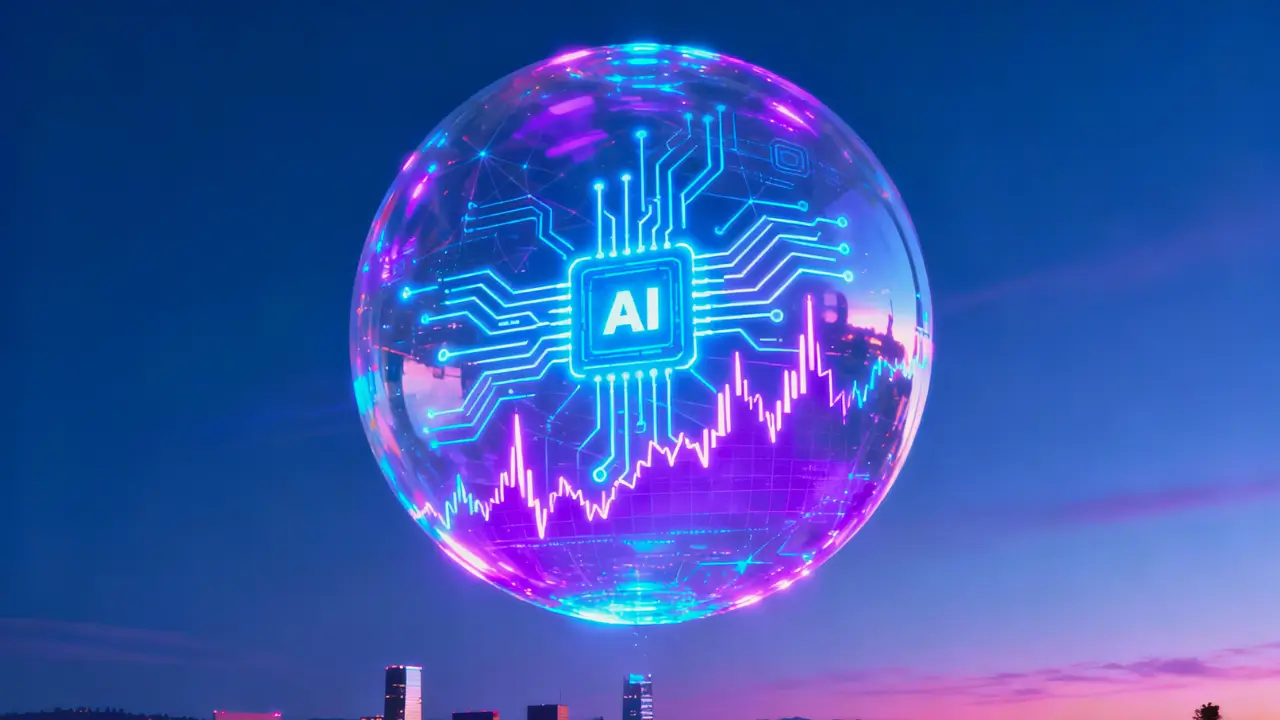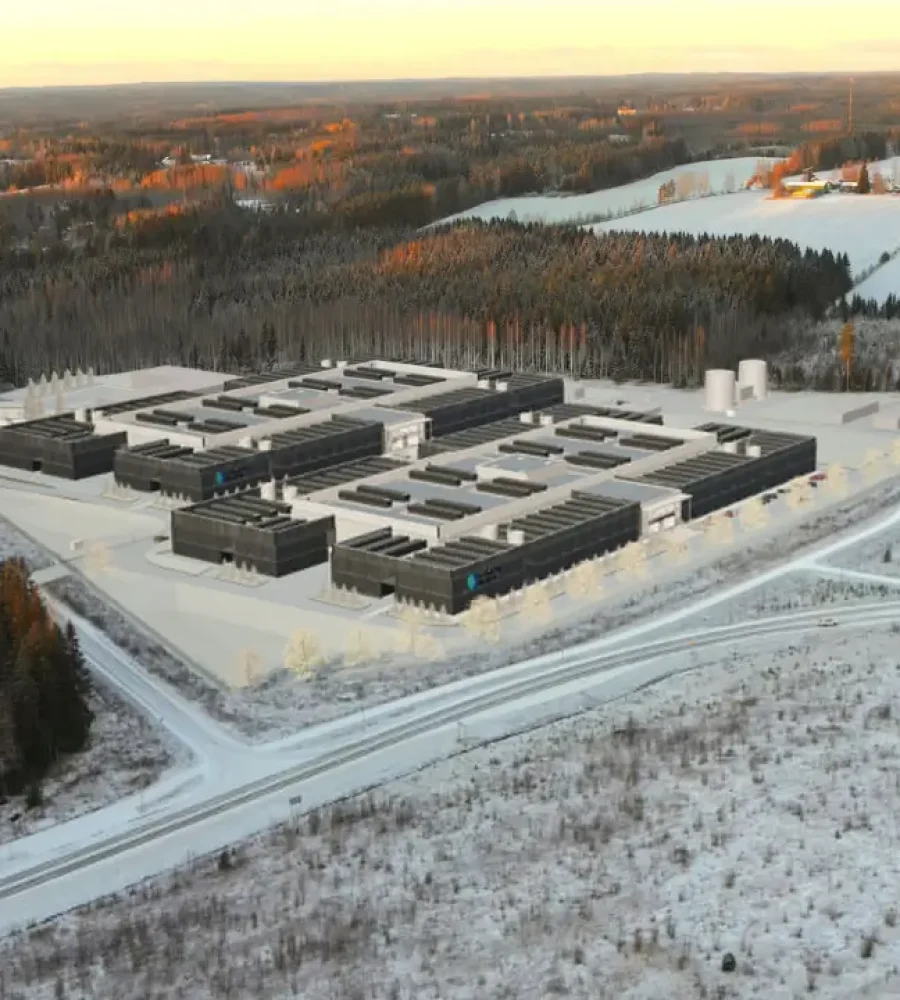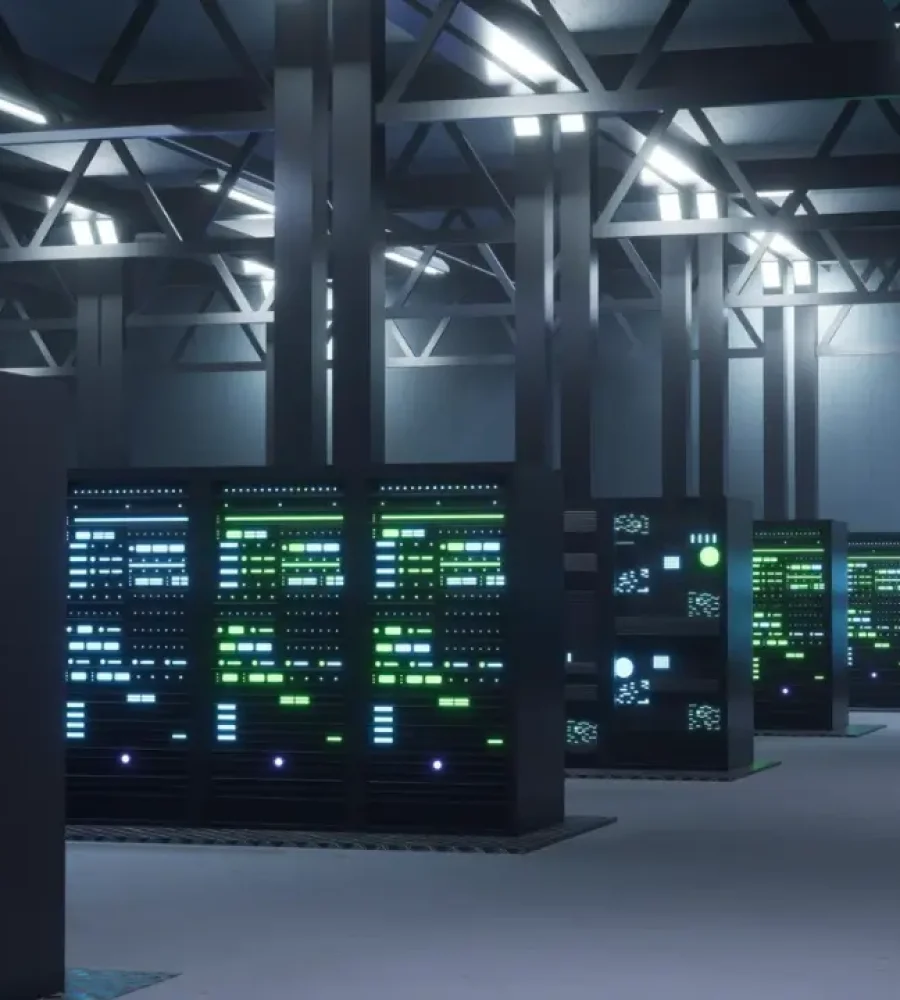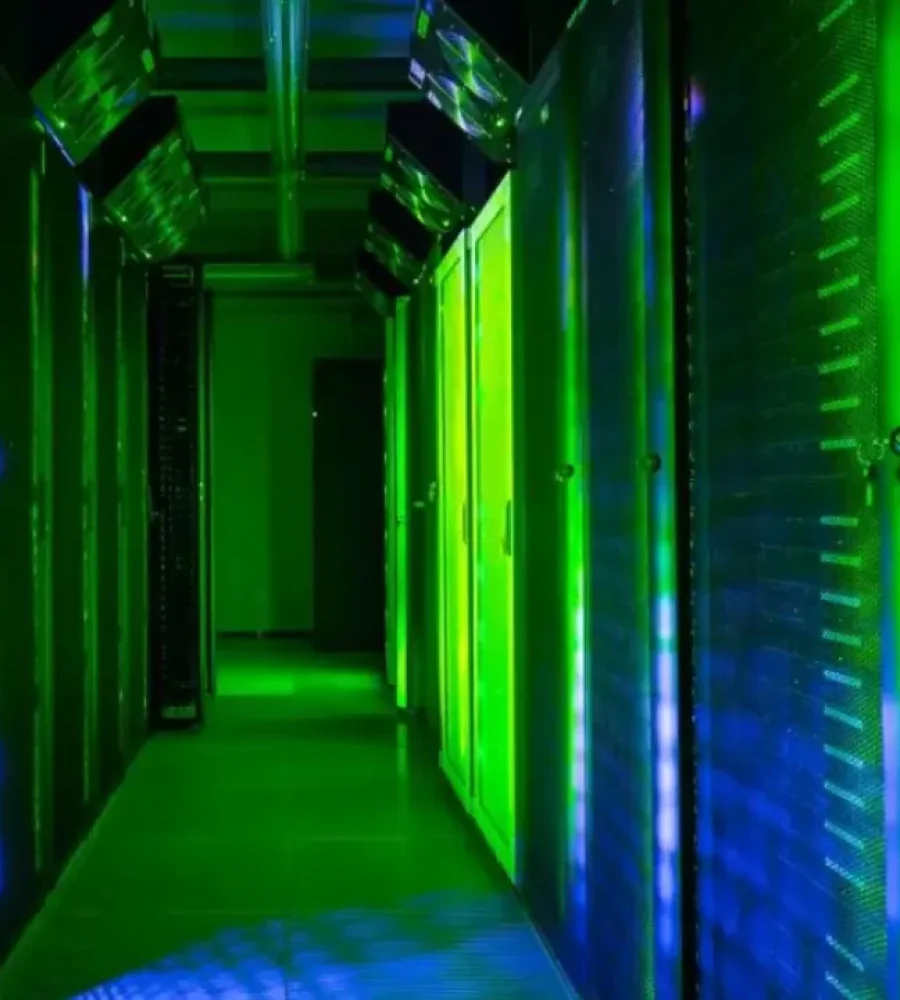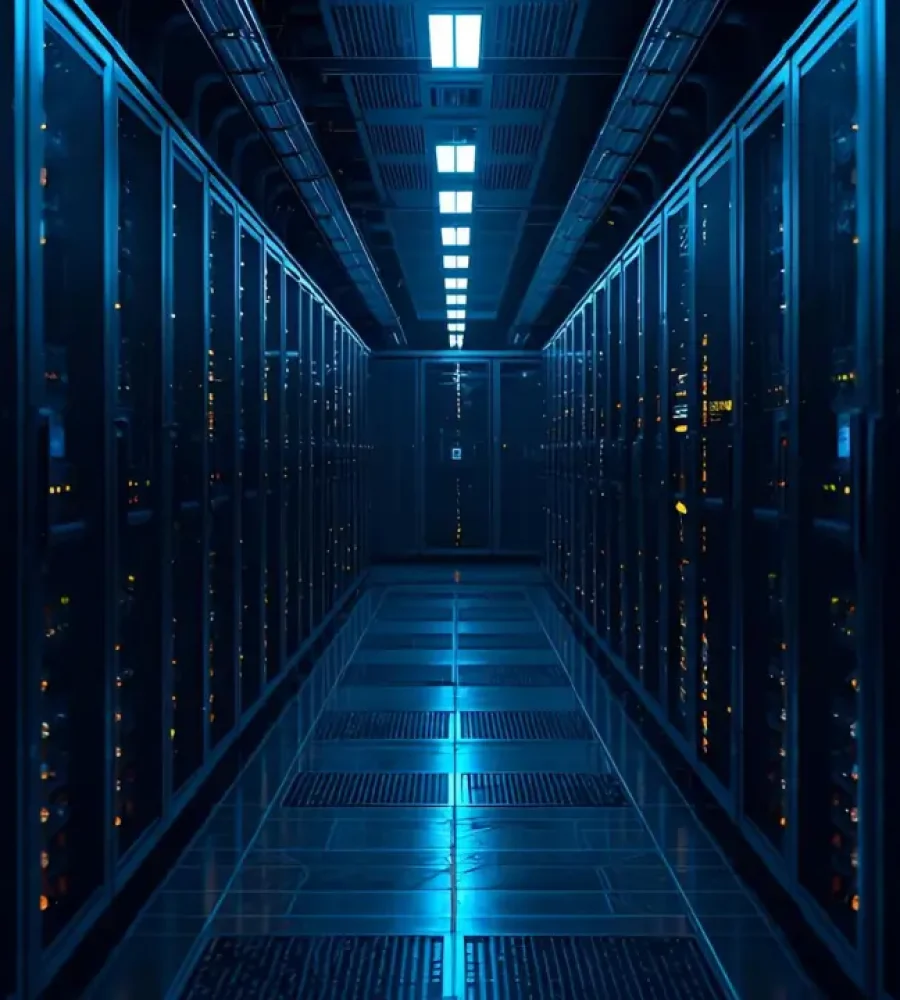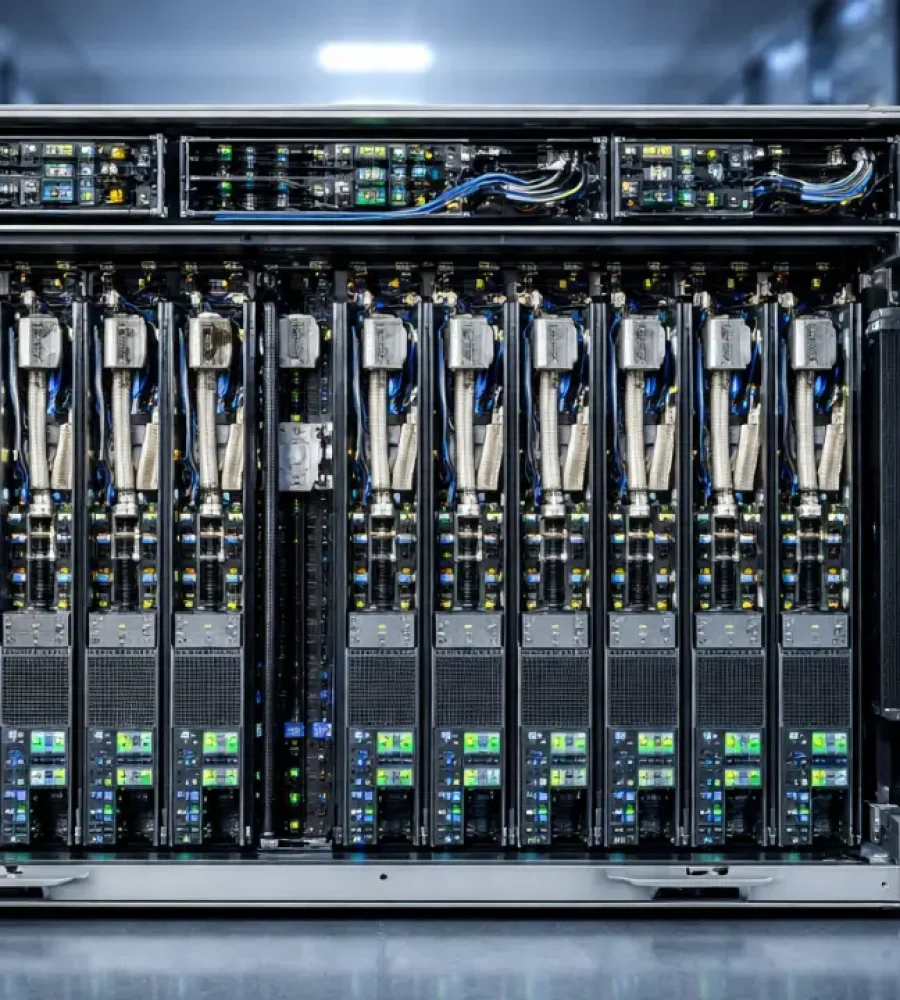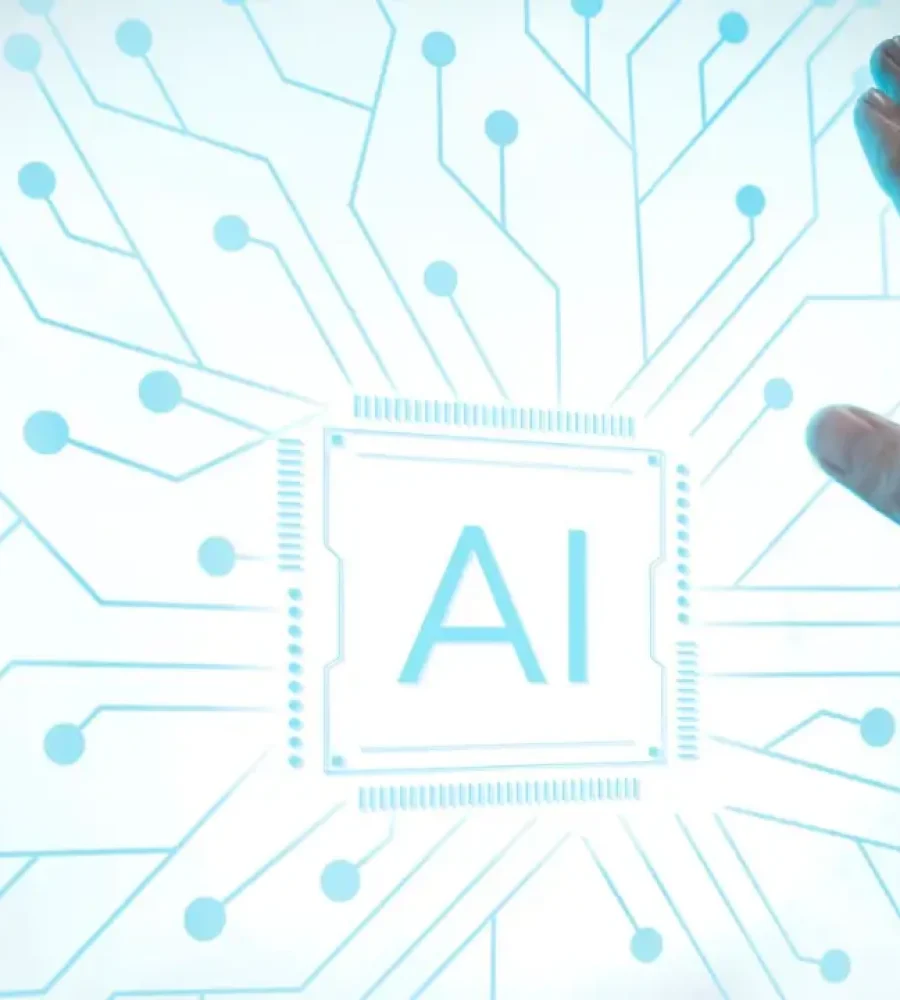Alphabet chief executive Sundar Pichai has warned that no company would escape the consequences if the current artificial intelligence boom were to collapse, as reported by Faisal Islam and Rachel Clun of BBC. In an exclusive interview with the BBC, he described the recent surge in AI investment as an “extraordinary moment,” while acknowledging signs of “irrationality” in the market.
Concerns have been growing across Silicon Valley and globally about the possibility of an AI-driven bubble, as valuations of AI-focused firms have skyrocketed and companies pour vast sums into the sector. When asked whether Google could remain insulated if the market were to fall, Pichai said the company was strong enough to endure such a downturn but emphasised that “no company is going to be immune, including us.”
Speaking at Google’s headquarters in California, Pichai also discussed topics ranging from global energy demand and climate targets to the accuracy of Google’s AI systems, UK investment plans, and the effect of AI on jobs. His comments come at a time of heightened scrutiny over the state of the AI market.
Alphabet’s valuation has doubled over seven months, reaching $3.5tn (£2.7tn), amid rising confidence that the company can continue to compete with OpenAI. Investors have also focused on Alphabet’s development of AI-specific superchips, which rival hardware made by Nvidia—now the world’s first $5tn company under Jensen Huang.
Despite the soaring valuations, some analysts remain cautious, especially regarding a complex network of deals tied to OpenAI reportedly worth $1.4tn, even though the company’s revenue this year is expected to be less than a thousandth of that figure.
Echoing Alan Greenspan’s 1996 warning about “irrational exuberance” ahead of the dot-com crash, Pichai acknowledged that industries can “overshoot” during investment cycles. He drew parallels with the early days of the internet, an era with excessive investment but ultimately transformative impact. “I expect AI to be the same,” he said, noting that the current moment contains “both rational and irrational” elements.
His comments follow a statement from JP Morgan chief executive Jamie Dimon, who told the BBC that AI investment would eventually pay off, although “some of the money will probably be lost” along the way.
Pichai argued that Google’s advantage lies in owning its entire technological “stack,” from custom chips and extensive YouTube datasets to frontier AI research, placing it in a stronger position to withstand potential volatility in the AI market.
Alphabet is also expanding its operations in the UK. In September, the company committed £5bn to AI infrastructure and research over two years. Pichai confirmed that Alphabet plans to conduct “state-of-the-art” research in the UK—including at its DeepMind unit in London—and that Google intends to train AI models in the UK “over time,” a move aligned with the government’s ambition to position the country as the world’s third major AI power.
“We are committed to investing in the UK in a pretty significant way,” he said.
However, Pichai cautioned that AI’s energy demands pose serious challenges. The International Energy Agency estimates that AI accounted for 1.5% of global electricity consumption last year. Pichai stressed the need for new energy sources and expanded infrastructure, warning that energy limitations could restrict economic growth.
He acknowledged that AI’s rapidly increasing power needs had slowed Alphabet’s climate progress, although the company still aims to reach net zero emissions by 2030 through investment in new energy technologies. “The rate at which we were hoping to make progress will be impacted,” he admitted.
Pichai also discussed AI’s sweeping implications for the workforce, calling it “the most profound technology” humanity has worked on. While he anticipates “societal disruptions,” he also believes AI will create new opportunities. Jobs will evolve, he said, and those who adapt will fare better.
Earlier, during OpenAI’s DevDay event, BBC News also reported that Sam Altman has acknowledged that it was understandable for observers to speculate about a bubble forming in artificial intelligence. “There are many parts of AI that feel a bit bubbly right now,” he said while seated alongside his senior team.
The debate over inflated valuations in the AI sector has taken on new urgency across Silicon Valley. Some sceptics, both privately and now more publicly, have questioned whether the rapid surge in AI company valuations is partly driven by what they describe as “financial engineering,” raising concerns that these firms may be significantly overvalued.
Warnings about an AI bubble have not been limited to industry insiders. The Bank of England, the International Monetary Fund, and JP Morgan chief executive Jamie Dimon told the BBC that “uncertainty should be higher in most people’s minds.”


